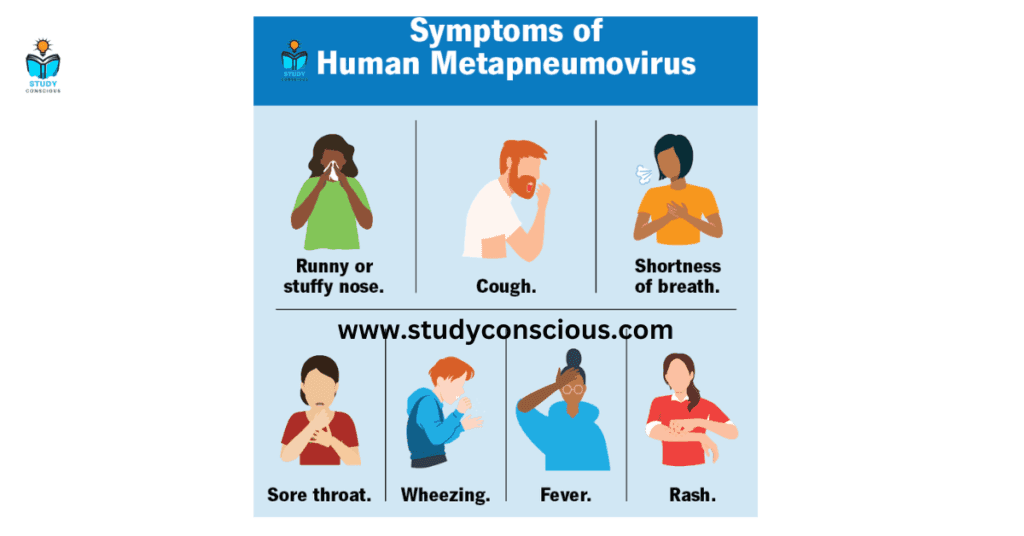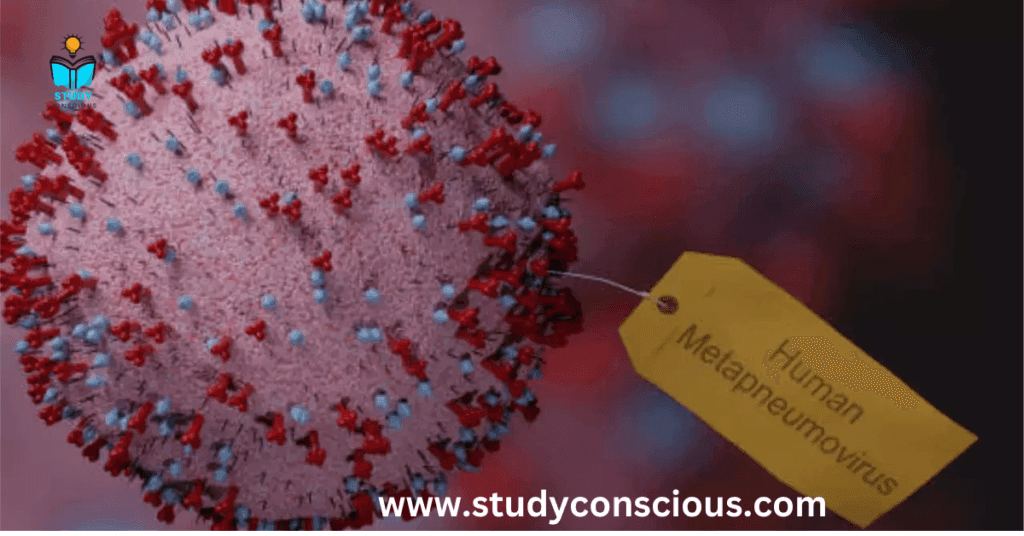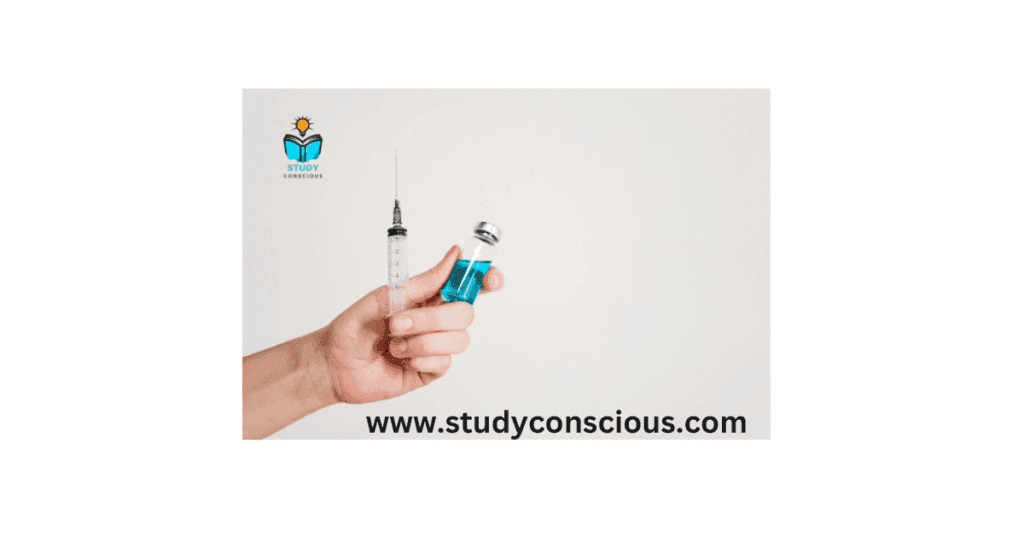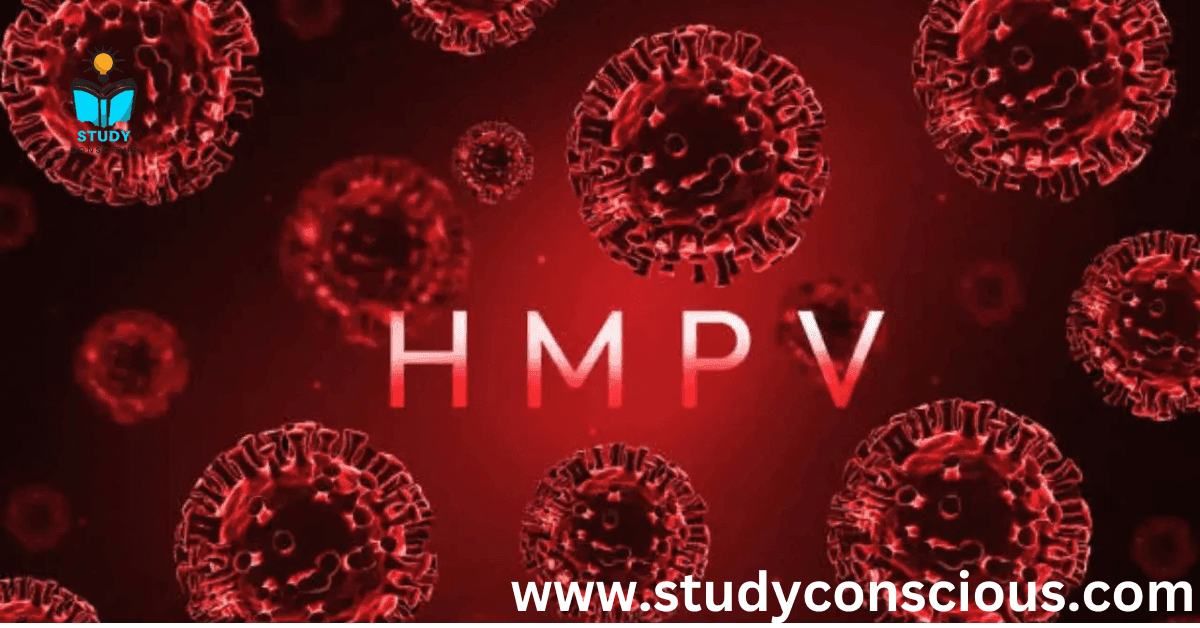HMPV virus is the prevailing other virus after the outbreak of Covid-19. Where corona virus was affecting people of all ages the HMPV virus seems to affect children under the age of five years and older adults. Human Metapneumovirus (HMPV) is a respiratory virus that primarily infects the respiratory tract, causing illness ranging from mild cold like symptoms to severe respiratory conditions.
Human metapneumovirus (HMPV) is a virus that usually causes symptoms similar to the common cold. It often causes upper respiratory infections, but it can sometimes cause lower respiratory infections like pneumonia, asthma flare-ups or make chronic obstructive pulmonary disease (COPD) worse. HMPV infections are more common in the winter and early spring. Most people get HMPV before they turn 5. You can get HMPV again, but symptoms are usually mild after your first infection.
Symptoms & Causes of Human Metapneumovirus

- Cough
- Fever
- Runny or stuffy nose
- Sore throat
- Wheezing
- Shortness of breath
- Rash
More about HMPV
Human Metapneumovirus (HMPV) primarily targets the respiratory system, causing infections that range from mild cold-like symptoms to severe respiratory illnesses. Here’s a breakdown of what happens in the body when someone is infected with HMPV:
1. Virus Entry
- HMPV enters the body through the respiratory tract, typically via the nose or mouth.
- The virus binds to epithelial cells lining the respiratory tract using its surface proteins:
- G protein: Helps the virus attach to host cells.
- F protein: Facilitates fusion of the viral envelope with the host cell membrane.
2. Replication in Host Cells
- Once inside the host cell, the virus releases its RNA genome.
- The viral RNA is used to produce viral proteins and replicate the virus.
- This process disrupts the normal function of respiratory epithelial cells, leading to:
- Cell death (cytotoxicity).
- Inflammation as the immune system responds to the infection.
3. Immune Response
- The immune system detects the infection and mounts a defense, resulting in:
- Inflammation of the airway tissues.
- Increased production of mucus.
- Recruitment of immune cells like macrophages and neutrophils.
- The immune response, while necessary, can also contribute to symptoms like congestion and airway obstruction.
4. Symptoms Develop
The severity of symptoms depends on factors like the patient’s age, immune status, and overall health.
- Mild cases (common in healthy individuals):
- Runny nose
- Cough
- Fever
- Sore throat
- Moderate to severe cases (more common in high-risk groups):
- Wheezing
- Shortness of breath
- Increased respiratory effort
- Bronchiolitis or pneumonia
5. Complications in Severe Cases
In some individuals, especially those at higher risk (infants, elderly, or immunocompromised), HMPV can cause:
- Bronchiolitis: Inflammation and swelling of the small airways (bronchioles), leading to breathing difficulties.
- Pneumonia: Infection of the lungs, resulting in fluid buildup and impaired oxygen exchange.
- Hypoxia: Low oxygen levels in the blood due to severe airway obstruction or lung damage.
These complications may require hospitalization and interventions like oxygen therapy or, in severe cases, mechanical ventilation.
6. Recovery
- In most cases, the immune system clears the virus within 1-2 weeks.
- However, prolonged recovery or lingering symptoms may occur in those with weakened immune systems or preexisting conditions like asthma or chronic obstructive pulmonary disease (COPD).
Treatments for HMPV

Currently, there are no specific antiviral medications approved for treating Human Metapneumovirus (HMPV). Treatment focuses on supportive care to alleviate symptoms and manage complications.
Supportive Care
- For Mild Cases:
- Hydration: Drink plenty of fluids to stay hydrated.
- Rest: Allow the body to recover.
- Over-the-Counter Medications:
- Acetaminophen (Tylenol) or ibuprofen (Advil) to reduce fever and relieve pain.
- Saline nasal sprays or steam inhalation to relieve nasal congestion.
- Cough suppressants, if needed (only under a healthcare provider’s advice).
- For Moderate to Severe Cases:
- Oxygen Therapy: For patients with breathing difficulties or low oxygen levels.
- Bronchodilators: To open up airways and improve breathing in those with wheezing or asthma-like symptoms.
- Hospitalization: Severe cases, such as those with bronchiolitis or pneumonia, may require hospital care.
- Mechanical Ventilation: Rarely, patients with severe respiratory failure may need mechanical support for breathing.
Medications Under Research
- Antiviral agents and monoclonal antibodies are being studied for HMPV, but none are yet widely available.
- Corticosteroids: Sometimes used to reduce airway inflammation, though their effectiveness for HMPV is not well established.
Precautions to Prevent HMPV Infection

Personal Hygiene
- Frequent Handwashing:
- Use soap and water for at least 20 seconds.
- Use alcohol-based hand sanitizers if soap and water are unavailable.
- Avoid Touching Face:
- Minimize touching your eyes, nose, or mouth, especially with unwashed hands.
Respiratory Etiquette
- Cover Your Mouth and Nose:
- Use a tissue or your elbow when coughing or sneezing to prevent spreading droplets.
- Dispose of tissues immediately and wash your hands.
- Wear Masks:
- If you’re sick or in close contact with vulnerable individuals, wearing a mask can reduce transmission.
Avoid Close Contact
- Limit Interaction with Infected Individuals:
- Avoid sharing utensils, cups, or towels with sick individuals.
- Maintain physical distance from people showing symptoms of respiratory illness.
- Stay Home When Sick:
- Infected individuals should isolate to prevent spreading the virus to others.
Disinfection
- Clean Surfaces:
- Regularly disinfect frequently touched surfaces like doorknobs, light switches, and electronics.
- Wash Shared Items:
- Clean and sanitize toys, linens, and kitchenware in households with infected individuals.
Protect High-Risk Groups
- Young Children and Elderly:
- Avoid exposing infants and older adults to crowded places during peak respiratory virus seasons.
- Immunocompromised Individuals:
- Ensure these individuals follow stringent hygiene and avoid unnecessary exposure to respiratory illnesses.
Vaccines
- There is currently no vaccine for HMPV, but research is ongoing. Development of a vaccine could become a critical preventive measure in the future.
When to Seek Medical Attention
Immediate medical care is necessary if someone with HMPV exhibits:
- Persistent high fever.
- Difficulty breathing or rapid breathing.
- Cyanosis (bluish discoloration of skin, lips, or fingernails).
- Severe fatigue or dehydration (e.g., reduced urination, dry mouth).
Conclusion
While HMPV often resolves on its own in healthy individuals, vulnerable groups such as infants, the elderly, and those with weakened immune systems are at higher risk of severe illness. Following good hygiene practices and seeking timely medical care can help mitigate the impact of this virus.











